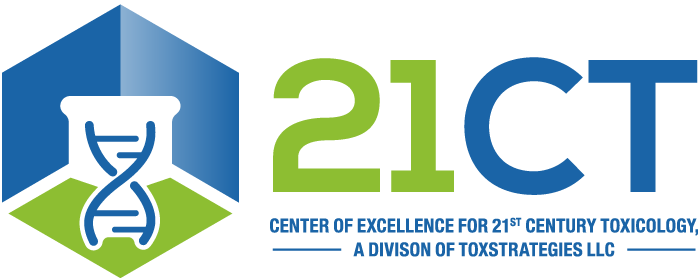Tichomirowa MA, Bariler A, Daly AF, Jaffrain-Rea M-L, Ronchi CL, Yaneva M, Urban JD, Petrossians P, et al. 2011. High prevalence of AIP gene mutations following focused screening in young patients with sporadic pituitary macroadenomas. Eur J Endocrinol 165(4):509-515; doi: 10.1530/EJE-11-0304. PMID: 21753072.
Abstract
Background: Aryl hydrocarbon receptor interacting protein (AIP) mutations (AIPmut) cause aggressive pituitary adenomas in young patients, usually in the setting of familial isolated pituitary adenomas. The prevalence of AIPmut among sporadic pituitary adenoma patients appears to be low; studies have not addressed prevalence in the most clinically relevant population. Hence, we undertook an international, multicenter, prospective genetic, and clinical analysis at 21 tertiary referral endocrine departments. Methods: We included 163 sporadic pituitary macroadenoma patients irrespective of clinical phenotype diagnosed at <30 years of age. Results: Overall, 19/163 (11.7%) patients had germline AIPmut; a further nine patients had sequence changes of uncertain significance or polymorphisms. AIPmut were identified in 8/39 (20.5%) pediatric patients. Ten AIPmut were identified in 11/83 (13.3%) sporadic somatotropinoma patients, in 7/61 (11.5%) prolactinoma patients, and in 1/16 non-functioning pituitary adenoma patients. Large genetic deletions were not seen using multiplex ligation-dependent probe amplification. Familial screening was possible in the relatives of seven patients with AIPmut and carriers were found in six of the seven families. In total, pituitary adenomas were diagnosed in 2/21 AIPmut-screened carriers; both had asymptomatic microadenomas. Conclusion: Germline AIPmut occur in 11.7% of patients <30 years with sporadic pituitary macroadenomas and in 20.5% of pediatric patients. AIPmut mutation testing in this population should be considered in order to optimize clinical genetic investigation and management.
